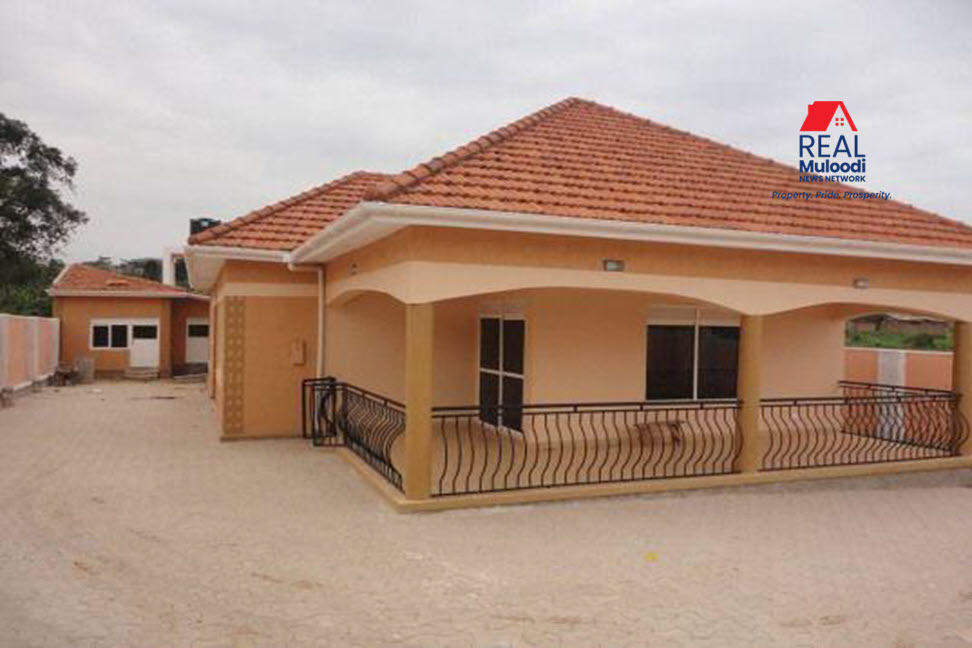UGANDA | Kampala | Real Muloodi News | It is becoming increasingly more difficult to build a house in Uganda as costs continue to rise and bank loans become more difficult to obtain, a new report has revealed.
Mortgage finance is inaccessible to the majority of Ugandans, forcing most Ugandan households to rely on building in phases using personal savings, stockpiling building materials, and interpersonal loans.
As a result, the average time to complete a house in Uganda can be as long as a decade, according to Uganda’s Country Private Sector Diagnostic report published by the International Finance Corporation, sponsored by the World Bank.
Even at the high end of the market, many households are forced to transact using cash and personally obtained finance, such as loans from family members, because mortgage finance is not accessible to them.
In fact, prior to COVID-19 only 30 per cent of Ugandan households could afford formally produced and mortgage-financed housing costing more than USh64m, according to the report.
Further, only 31 per cent of households could afford houses costing between USh64m and USh32m. While 30 per cent were able to afford housing between USh32m and USh14m. The remaining 26 per cent were able to afford housing costing less than USh14m.
Uganda’s housing market has a large pent-up demand, however low and medium income housing projects struggle to attract private investors because of high interest rates, increasing construction costs and limited mortgage finance available.
Only a limited number of generally higher-cost units are constructed each year by the National Housing Corporation, with the balance constructed by private developers serving the minority of middle-to-high income earners. These housing units are available for sale through cash transactions, installment payment schemes, and limited mortgage loans provided by regulated banks such as Housing Finance Bank, Stanbic, and Absa.
Therefore, most households are forced to build and rent housing using informal market channels.
Uganda’s future housing strategy must therefore focus on providing financing alternatives that meet the full spectrum of household affordability.
Mortgage loan portfolios are currently very limited in Uganda. The high-interest rates and limited financial terms limit the ability to design long-term financing instruments, which is what the investors and consumers of such loans need.
Developing innovative mortgage finance products with existing mortgage providers, such as Housing Finance Bank, that offer longer-term, lower-interest financing and reach further down-market are desperately needed.
Uganda’s very large informal housing market can also be stimulated through the provision of financing products such as microloans and Savings and Credit Cooperative Societies (SACCOs) financing approaches.
Uganda’s population is rising by the day. Housing is a sector we cannot do without or opt out of, despite the financial constraints. Housing is a basic need for all people.
READ MORE LIKE THIS:
New Survey Indicates Significant Demand for Condominiums in Kampala and Wakiso
How Bitbricks Raised UGX1 Billion in a Year Towards Affordable Housing



